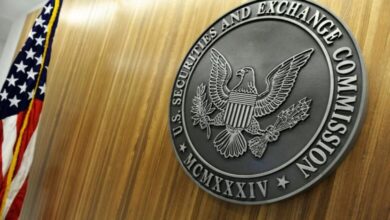Ethics Advisory allows Nebraska Lawyers to accept cryptocurrency payments

Nebraska ethics advisory opinion for lawyers dated September 11, 2017 enables lawyers in Nebraska to accept cryptocurrency as payment.
This opinion marks the first time that a state ethics body has considered a question related to cryptocurrency payments.
The Lawyers’ Advisory Committee is an eight-member body that responds to queries from lawyers in Nebraska, weighing them against the state’s Rules of Professional Conduct.
The request focused on three elements: whether an attorney can receive cryptocurrencies like bitcoin as payment; whether directly from a client or from a third party; and whether they can hold cryptocurrencies in escrow or trust on behalf of the client.
Citing a requirement that no client may be charged a very high fee, the committee said that, while a lawyer may accept a cryptocurrency, it must immediately be converted to U.S. dollars, as it would “mitigate the risk of volatility and possible unconscionable overpayment for services”.
The opinion indicates that third-party payments can be accepted “so long as the payment prevents possible interference with the attorney’s independent relationship with the client.” The lawyer must, also, identify the party sending the payment.
The Advisory Committee approved the question pertaining to holding cryptocurrencies in escrow under the condition that the units of such currencies are held separately from the lawyer’s own properties. In addition, they must be safeguarded and records should be kept for a period of five years. The opinion identifies bitcoin as property, and prevents its deposit into a client trust account.
The document also highlights the importance of taking security precautions when it comes to a lawyer storing Bitcoin for the clients or receiving client payments in Bitcoin. In fact, the opinion states: “Reasonable methods could include encryption of the private key required to send the bitcoins. Another method may include utilization of more than one private key (known as a “multisignature account” or “multi-sig”) for access to the bitcoins. Other reasonable measures may include maintenance of the wallet in a computer or other storage device that is disconnected from the Internet (also known as “cold storage”), a method that would also allow for off-line storage of one or more private keys”.





